Empowering Financial Futures: Karnataka’s Financial Education Initiative
In Karnataka, a groundbreaking financial literacy project is transforming the lives of thousands of students. The “Financial Education and Investment Awareness” initiative, led by the Karnataka State Higher Education Council and NSE Academy Ltd (NAL), is a standout contender in the competitive Money Awareness and Inclusion Awards (MAIA) 2024.
Financial Literacy for the Underserved in Karnataka
This project targets undergraduate students across Karnataka, from bustling Bengaluru to underdeveloped Raichur. Over 400,000 students, many from diverse economic backgrounds and first-generation learners, have benefited. The financial education program aims to equip young minds with essential financial skills, promoting saving, budgeting, and investing.

“Financial literacy is not just a skill; it’s a lifeline for our students,” says Abhilash Misra, CEO of NSE Academy. “Our goal was to reach every corner of Karnataka, ensuring no student is left behind.”
Making Financial Knowledge Accessible
The mission is to make financial knowledge accessible to all students. By integrating a compulsory 45-hour life skills course into the curriculum, the initiative provides tools to manage finances effectively. Covering over 120 concepts, the program significantly enhances participants’ financial behaviors.
Over 2,500 lecturers were trained to deliver the course. Blended learning methods, including online and offline resources, made financial education engaging. Mobile-compatible platforms and vernacular language workbooks extended the program’s reach.
“We wanted to create an ecosystem where learning about money is fun and practical,” explains Dr. S. Venkatesh, a senior project manager. “Our interactive workbooks and AI-powered learning hubs made it possible for students to grasp complex concepts easily.”
Innovative Financial Education Program
The project’s innovative approach includes multimedia formats and e-flip books, making learning interactive and application-oriented. This led to a marked improvement in financial literacy. The pre-course awareness score of 11/75 improved to 47/75 post-course, with 27% of participants showing better financial behaviors.
“The results speak for themselves,” notes Michael Gilmore, co-founder of the MAIAs. “The improvement in financial literacy and the practical application of these skills by the students is a testament to the project’s success.”
The initiative also impacts the gender gap in financial literacy. Nearly 40% of the beneficiaries are women, who traditionally manage household finances. This empowerment enables them to make informed financial decisions, benefiting their families and communities.
Testimonials: Transformative Stories
The project’s impact is best illustrated through beneficiary testimonials. Ms. Anchal Vinod Lohar, a third-semester BBA student at Rani Parvati Devi College, shares her experience: “I usually exhaust my monthly pocket money in 20 days. But after this course, I started creating my own monthly budget. My expenses are now streamlined, and I can save significantly. I wish to buy an iPhone in 8 months with the money I save.”
These stories highlight the transformative power of financial education.
Expanding the Financial Literacy Initiative
The success of this initiative has paved the way for its expansion. Plans are underway to replicate this model in other states, starting with Tamil Nadu, and eventually globally. The project’s commitment to fostering financial literacy and empowering students continues to inspire change.
“Projects like these are the cornerstone of a financially inclusive future,” says Trudi Harris, co-founder of the MAIAs. “By equipping young people with the knowledge and skills they need, we’re not just changing individual lives; we’re transforming entire communities.”
As Karnataka’s Financial Education and Investment Awareness initiative grows, its impact on students and their families promises a brighter, more financially secure future for generations to come.
